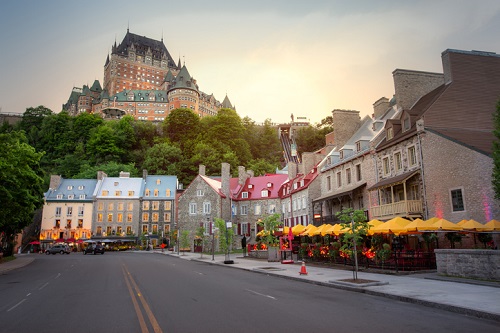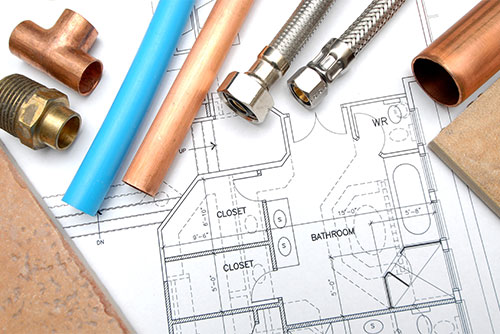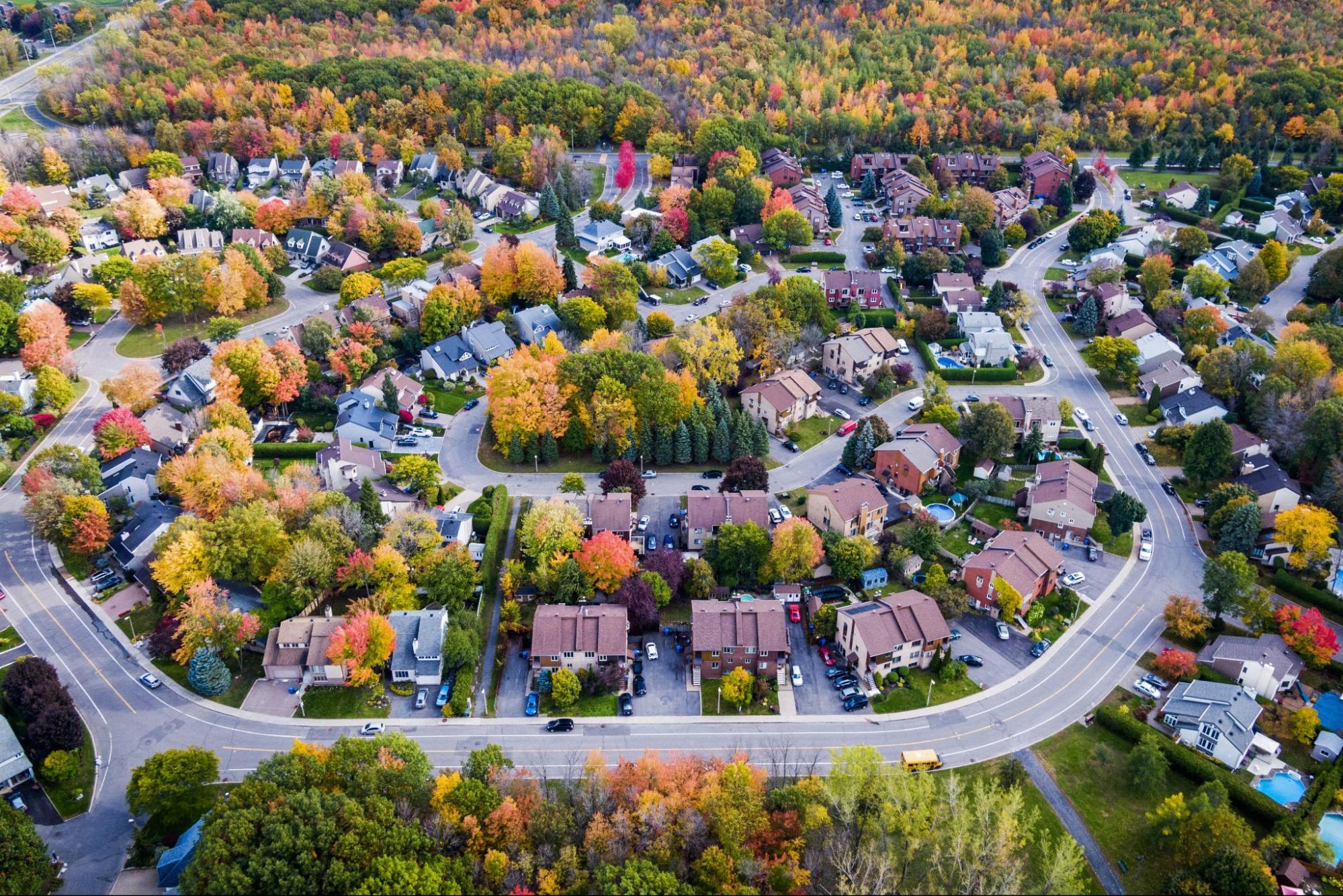Hopeful home buyers in Quebec City can look forward to lower costs as the city’s residential tax per $1,000 of assessment went from $10.930 in 2017 to $10.114 this year, decreasing by 7.47%.
The 2018 Canadian Property Tax Rate Benchmark Report by the Altus Group attributed the decline to recent legislation that pulled down the region’s school tax rate.
“With the introduction of Bill 166, the Government of Quebec has standardized the school board tax rates down for all properties,” Altus explained in its study.
“This bill stipulates, that for the years of 2018-2019, a school taxation system applicable throughout Quebec except on the Island of Montreal, establishing that a school board’s tax rate will be the same as the lowest rate imposed by a school board, Anglophone or Francophone,” the report added.
Read more:
The development should come as a welcome relief to prospective home owners in a market that has recently seen homes sell for values considerably higher than their asking prices.
Buyers in the city paid 3.7% (approximately $10,030) higher than the average asking price, the Quebec Federation of Real Estate Boards said in mid-2018.
“In this context, we see increased pressure on prices and more frequent situations of bidding wars,” according to Paul Cardinal, manager of the QFREB’s Market Analysis Department. “In most cases, when a property sells for more than the asking price, it is because a bidding war has taken place.”
Ephraim is currently a journalist at Mortgage Broker News, Real Estate Professional and Canadian Real Estate Wealth.
Ephraim is a highly accomplished news reporter whose work has been published across North America and the Asia Pacific region. Before joining Key Media, Ephraim spent eight years working as a journalist with Reuters TV. His areas of expertise include real estate, mortgage, and finance.
LinkedIn | Email









